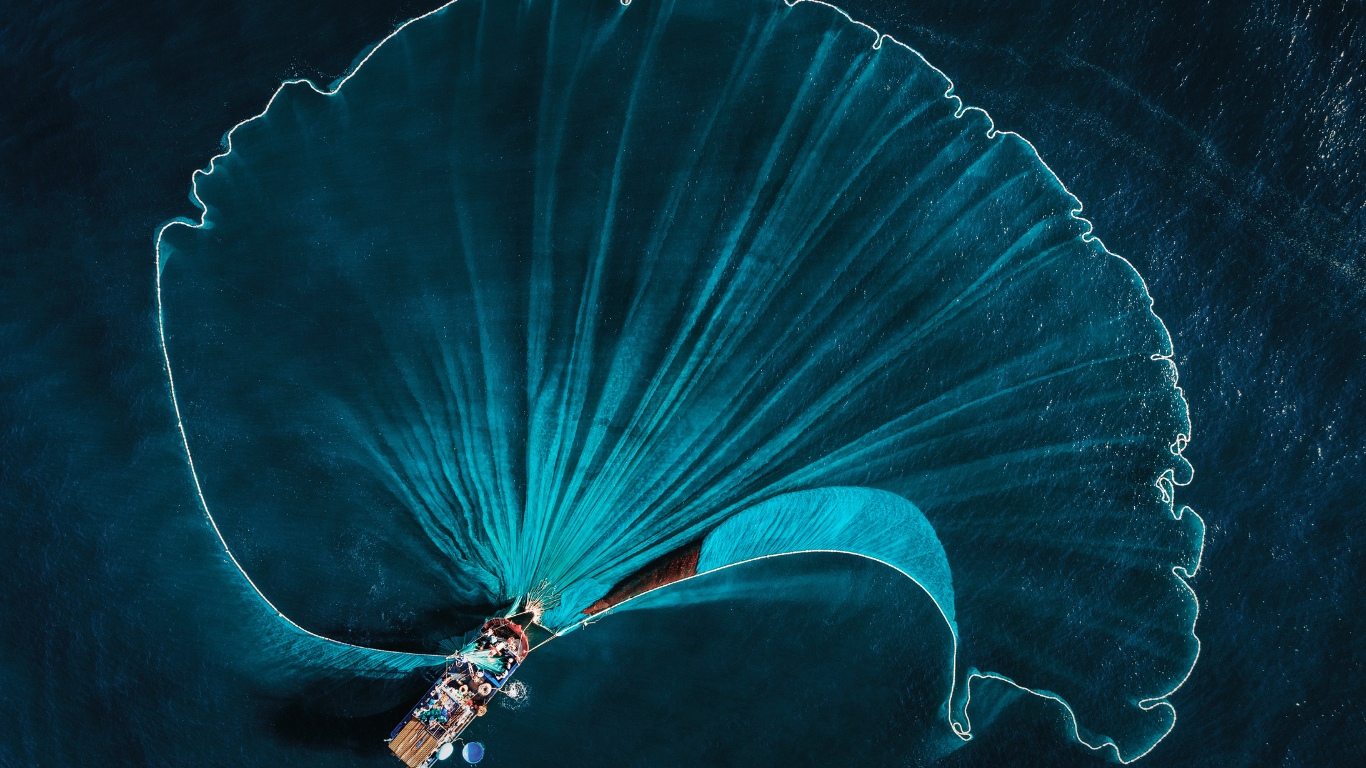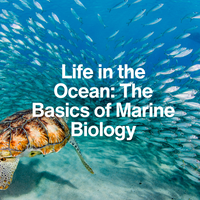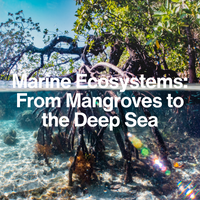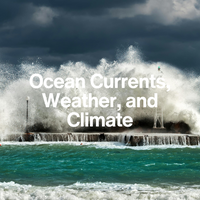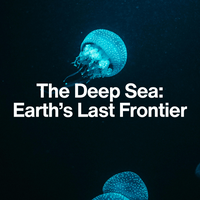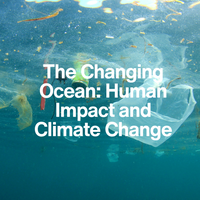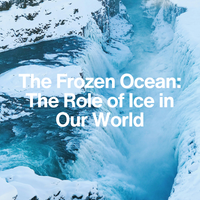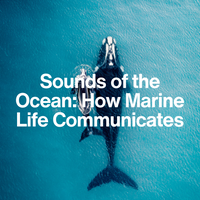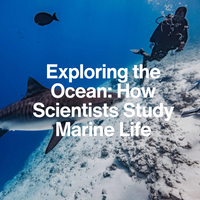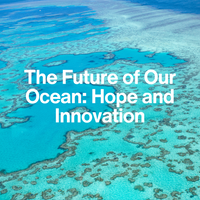LESSON 1
What Is Climate Change Doing to the Ocean?
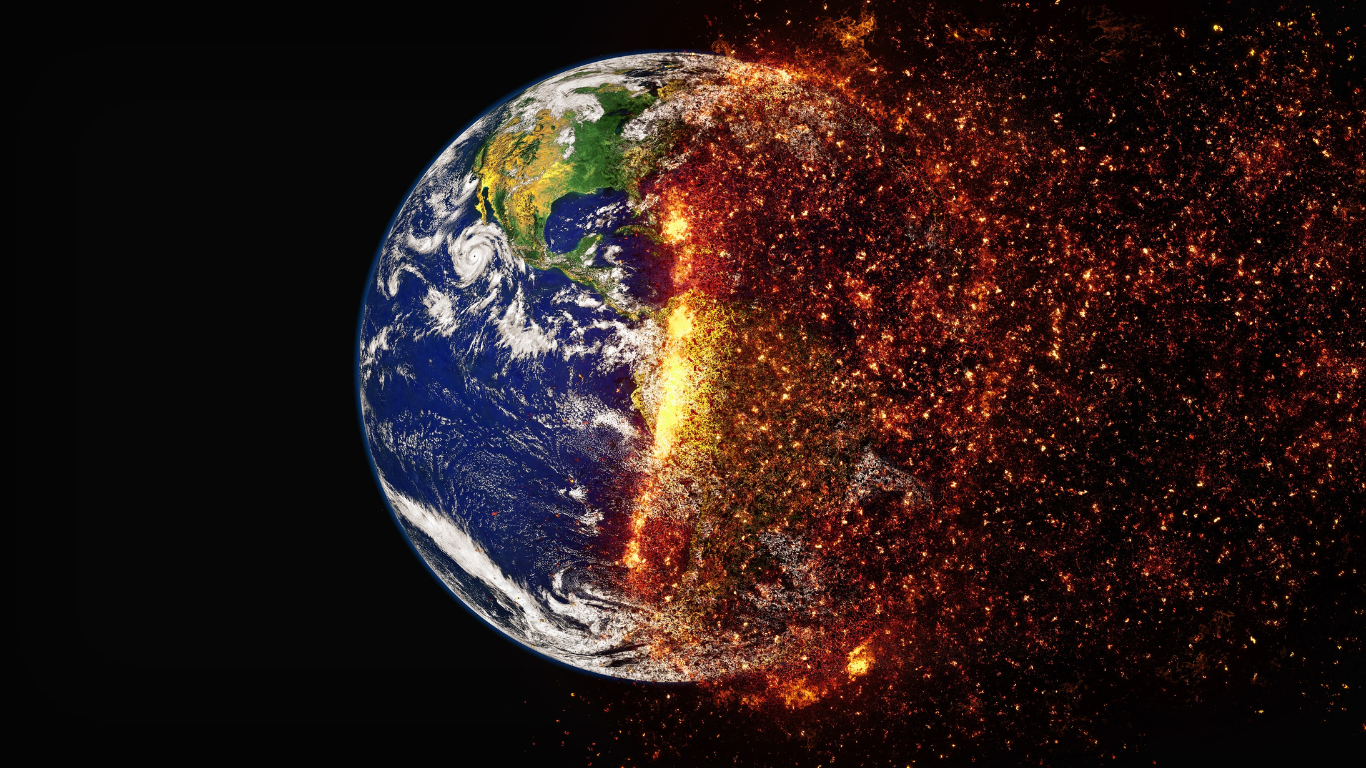
Introduction:
A Changing Ocean
The ocean covers over 70% of our planet—and it’s on the frontlines of climate change. From warming waters to rising sea levels and acidifying seas, Earth’s vast blue engine is undergoing serious shifts.
These changes don’t just affect fish or coral reefs. They ripple outwards—altering weather patterns, shrinking coastlines, threatening food security, and even putting entire island nations at risk. But how does climate change affect the ocean, and why is it happening so quickly?
In this lesson, we’ll dive into the three biggest ways climate change is transforming the ocean: warming, acidification, and rising seas.
1. Ocean Warming: A Heat Trap
The ocean has absorbed over 90% of the excess heat caused by greenhouse gases since the 1970s.
How it happens:
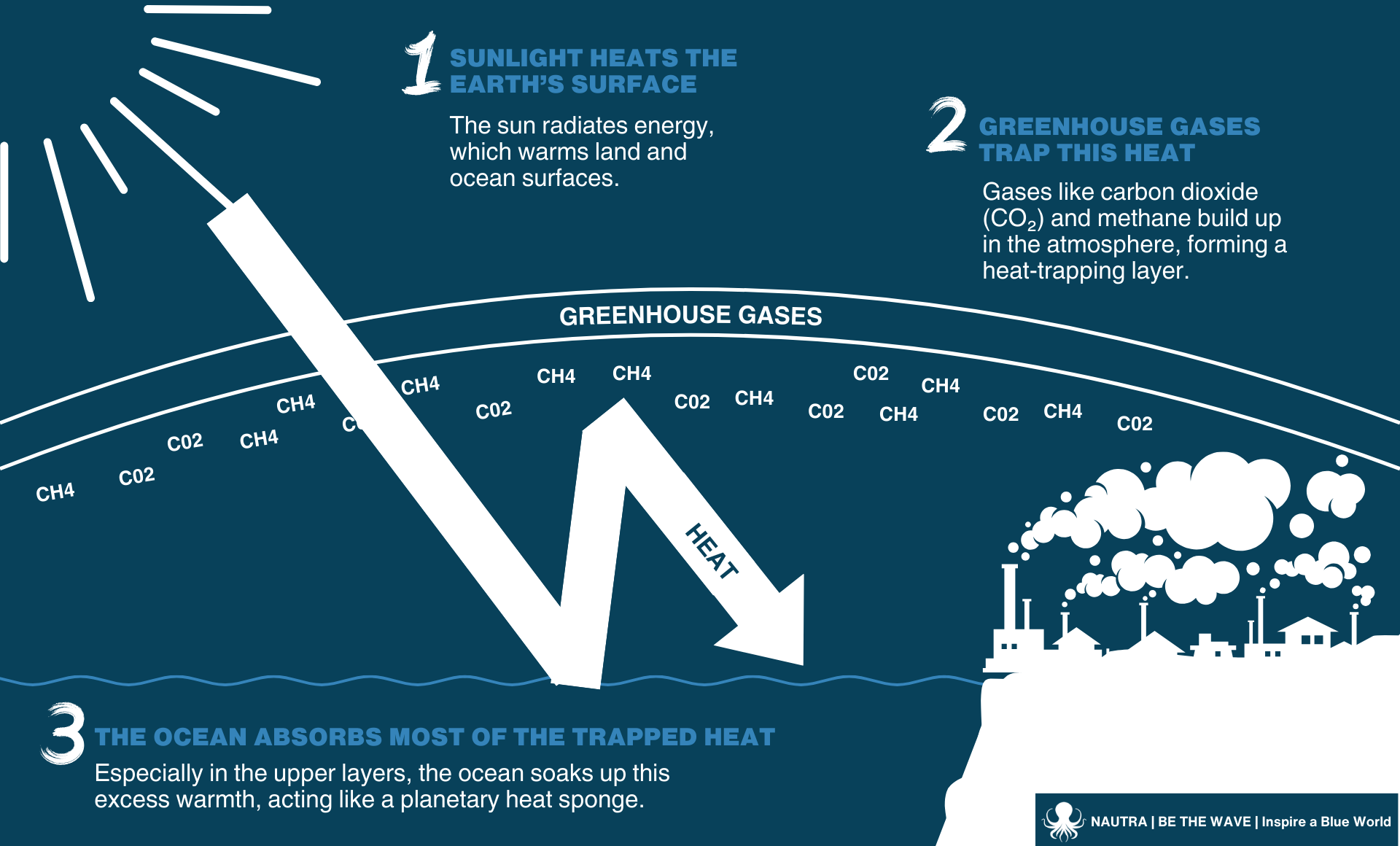
Did you know?
In 2023, global ocean temperatures hit record highs for months in a row.
2. Ocean Acidification: CO2’s Silent Impact
The ocean doesn’t just absorb heat—it also absorbs carbon dioxide (CO2). About 30% of the CO2 we emit ends up in the sea.
How it happens:
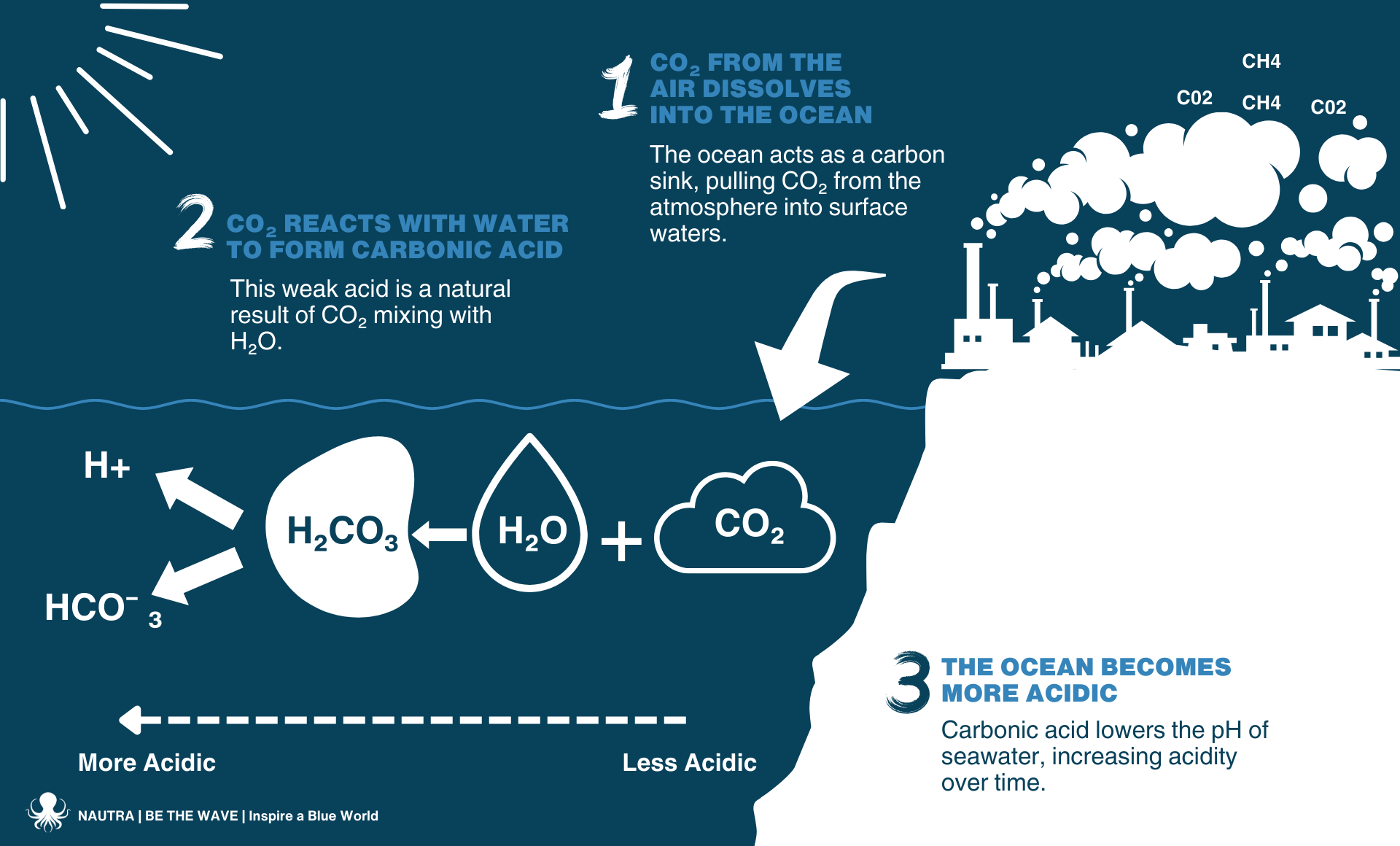
Did you know?
Ocean acidity has increased by over 25% since the industrial revolution.
3. Sea-Level Rise: Oceans on the Move
As ice melts and ocean water warms, sea levels rise—slowly but steadily.
How it happens:
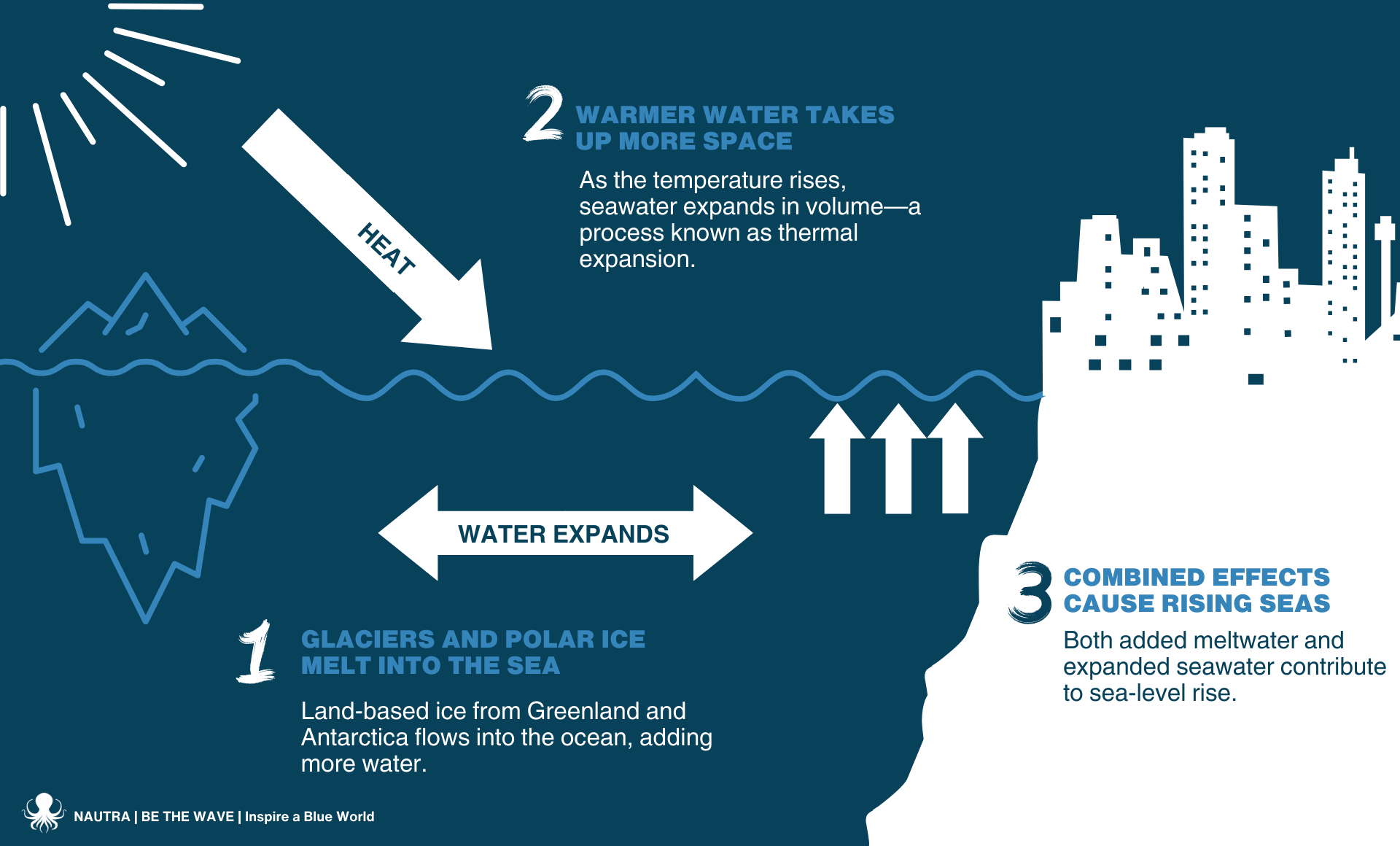
Did you know?
Sea levels have risen about 20 cm (8 inches) since 1900—and the rate is speeding up.
Conclusion
The Ocean Is Sending a Message
The ocean is absorbing the heat, gases, and consequences of human-driven climate change—but it’s reaching its limits. As it warms, acidifies, and rises, marine ecosystems are under pressure, and coastal communities are feeling the effects.
Understanding how climate change is reshaping the ocean helps us prepare, adapt, and most importantly—act. Protecting our ocean means protecting life on Earth.
Key Takeaways:
The ocean is absorbing most of the excess heat caused by climate change.
Carbon dioxide makes the ocean more acidic, which threatens marine life.
Sea levels are rising due to melting ice and warming waters, affecting coastlines and communities.
NEXT LESSON
Overfishing and Bycatch: What Happens When We Take Too Much?
We dive into another human threat to the ocean: what happens when we take more than the ocean can give? Learn how overfishing affects entire ecosystems.
